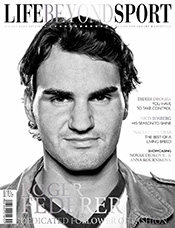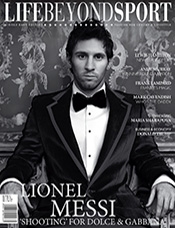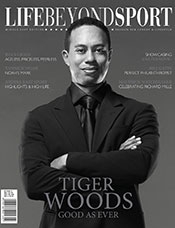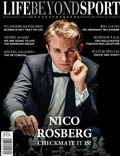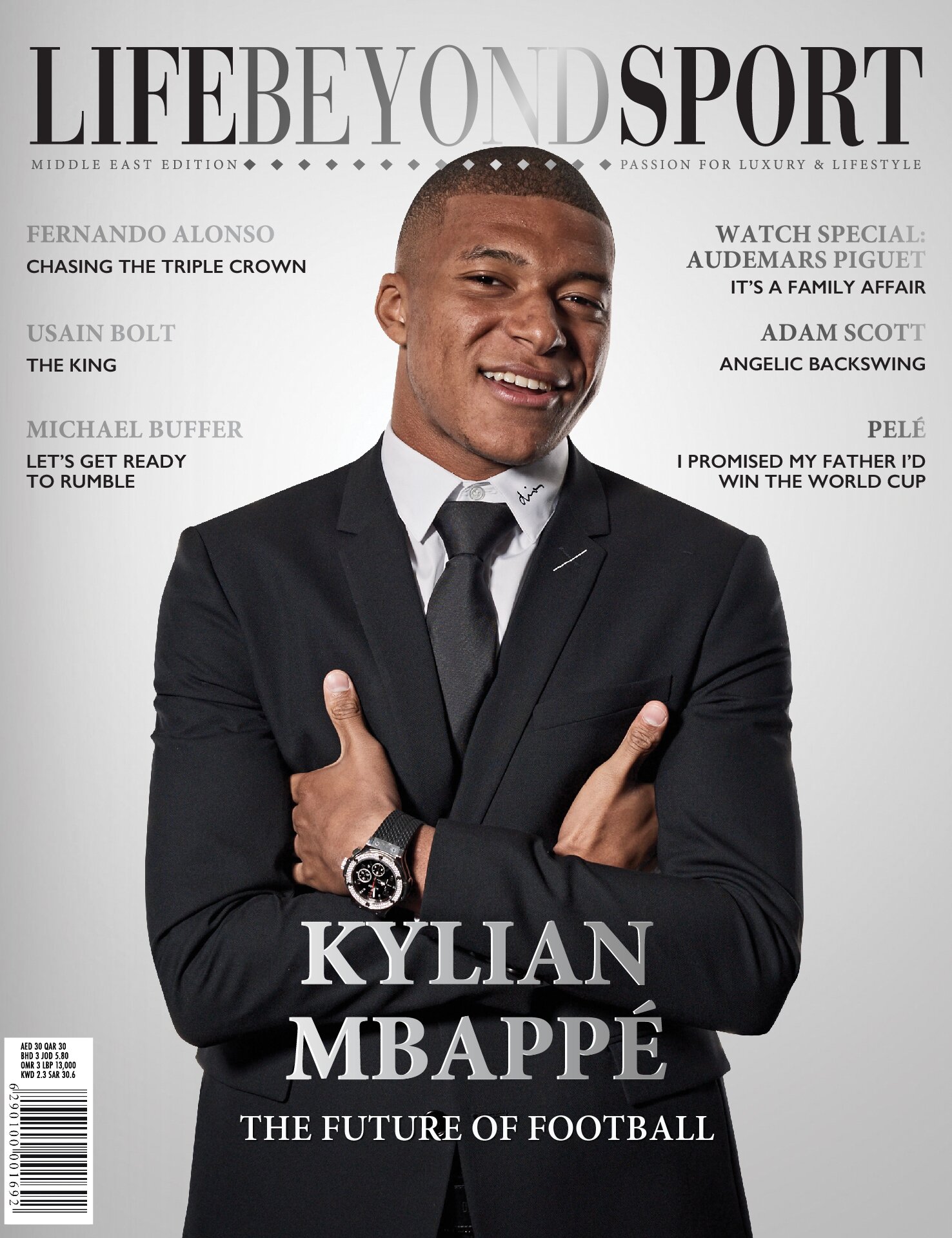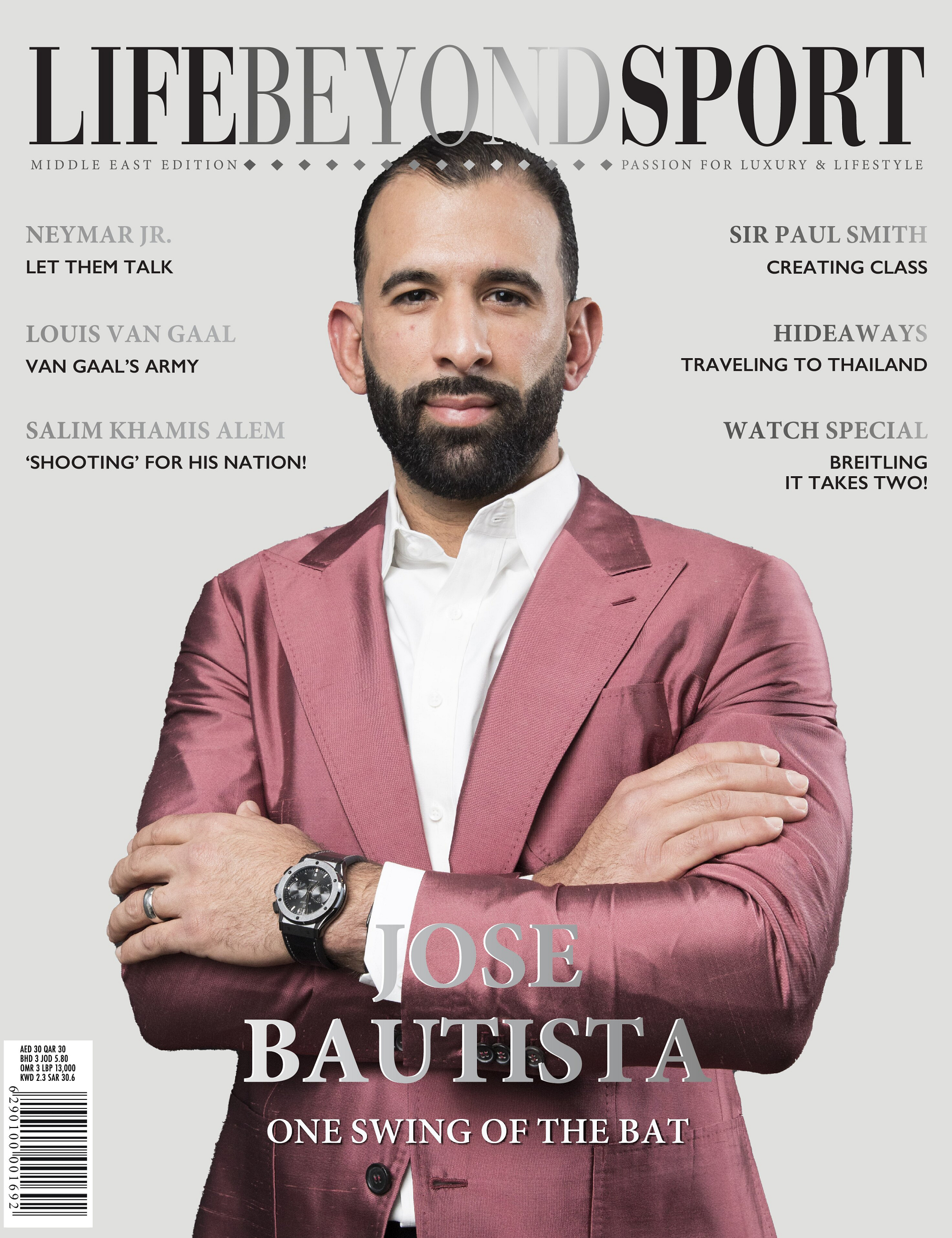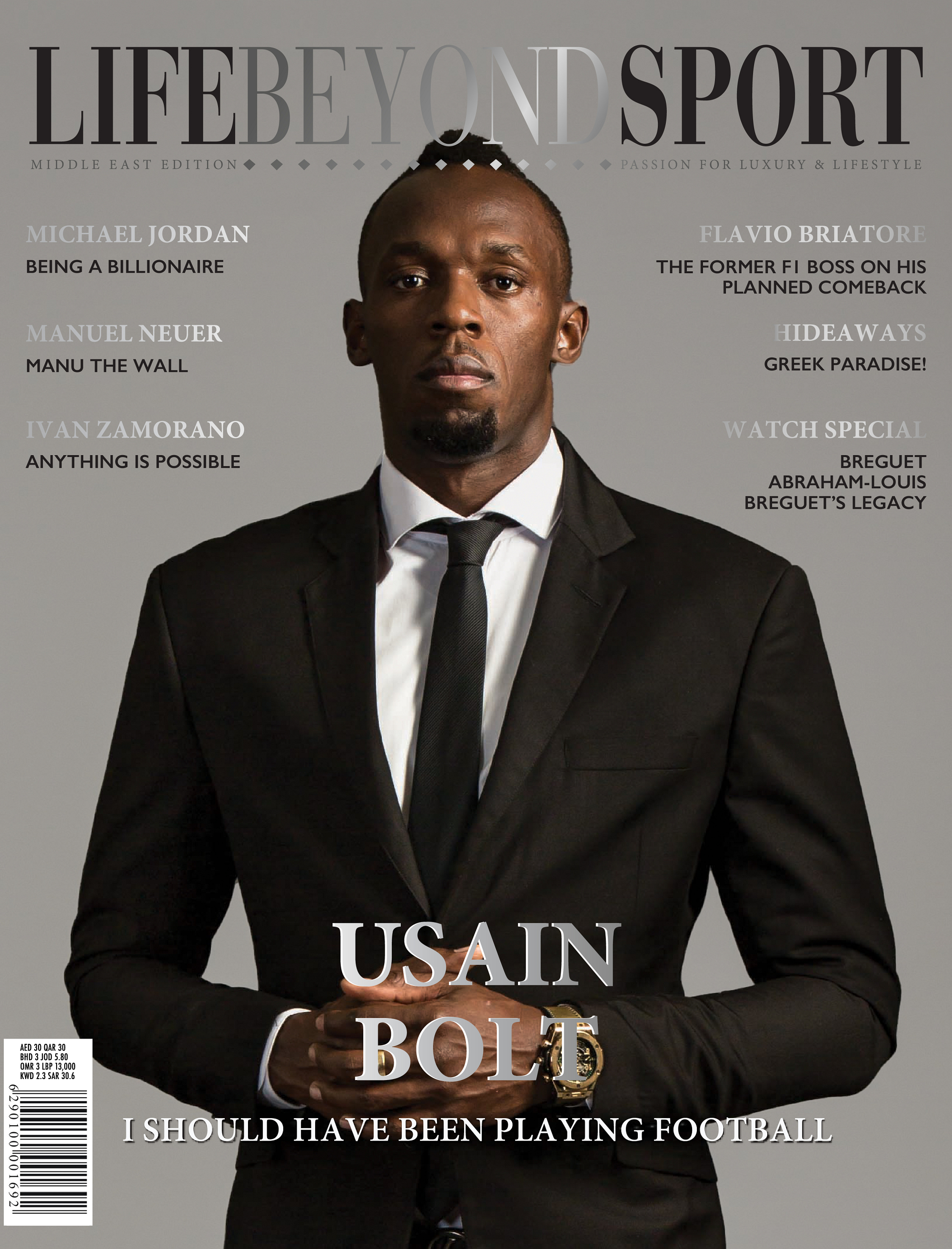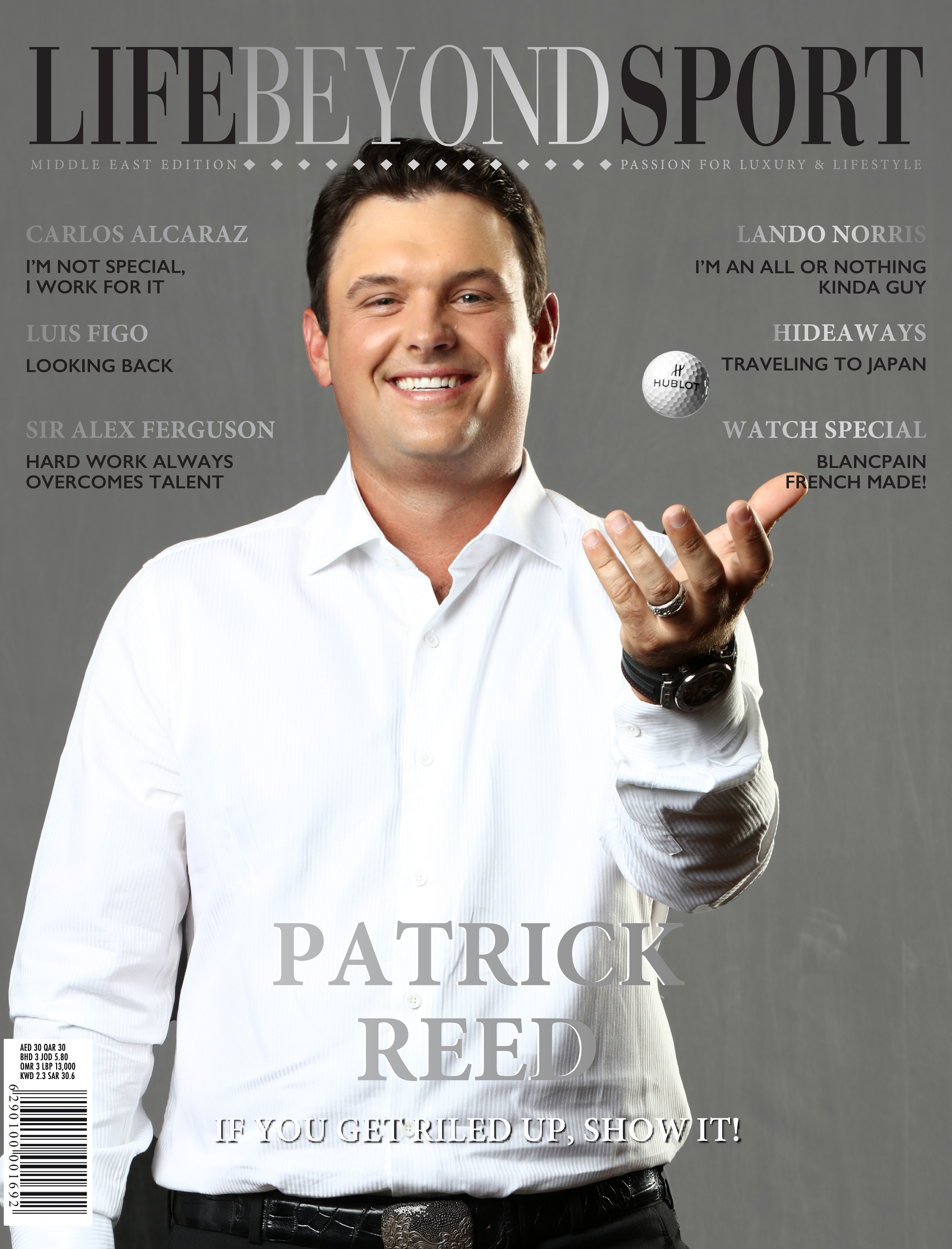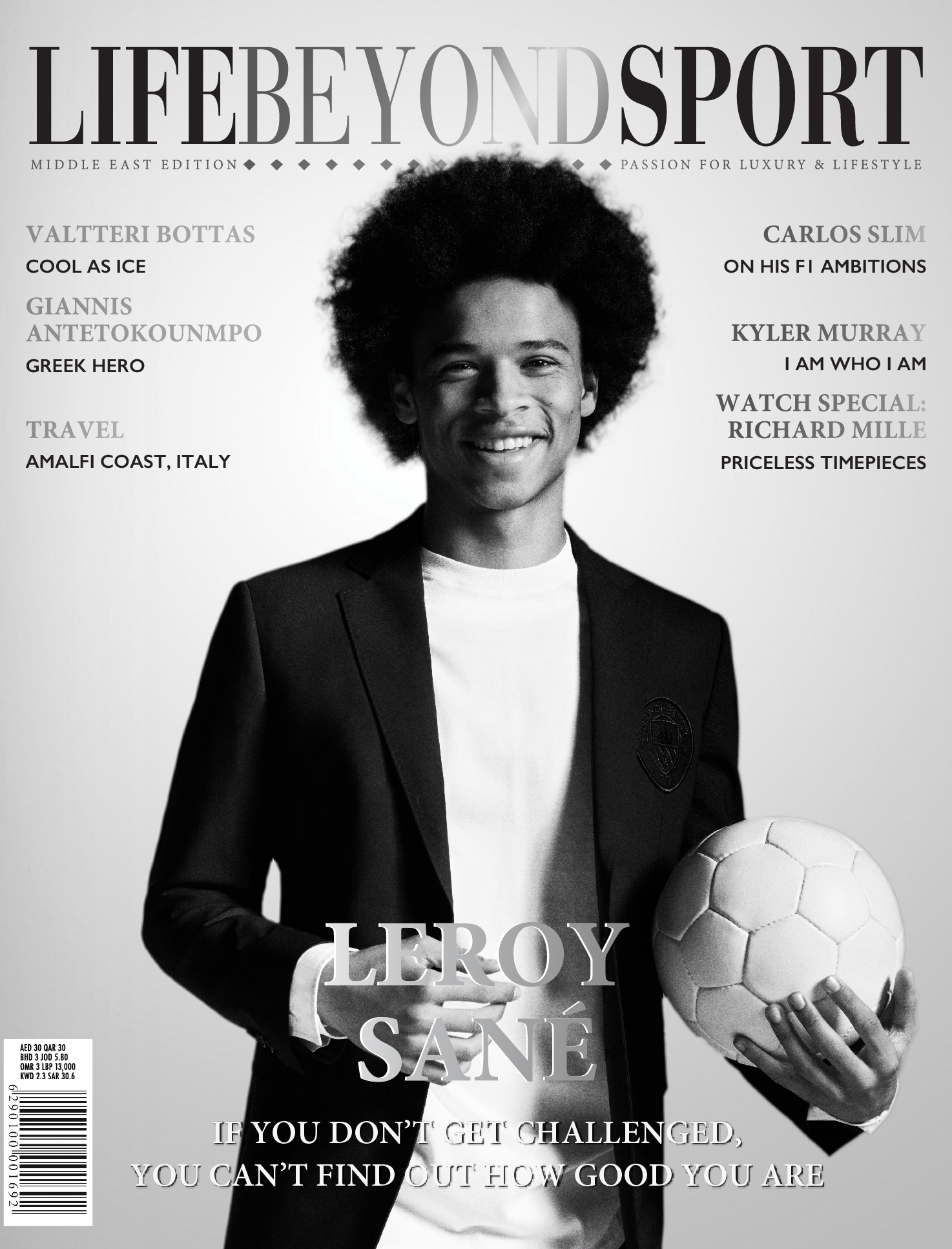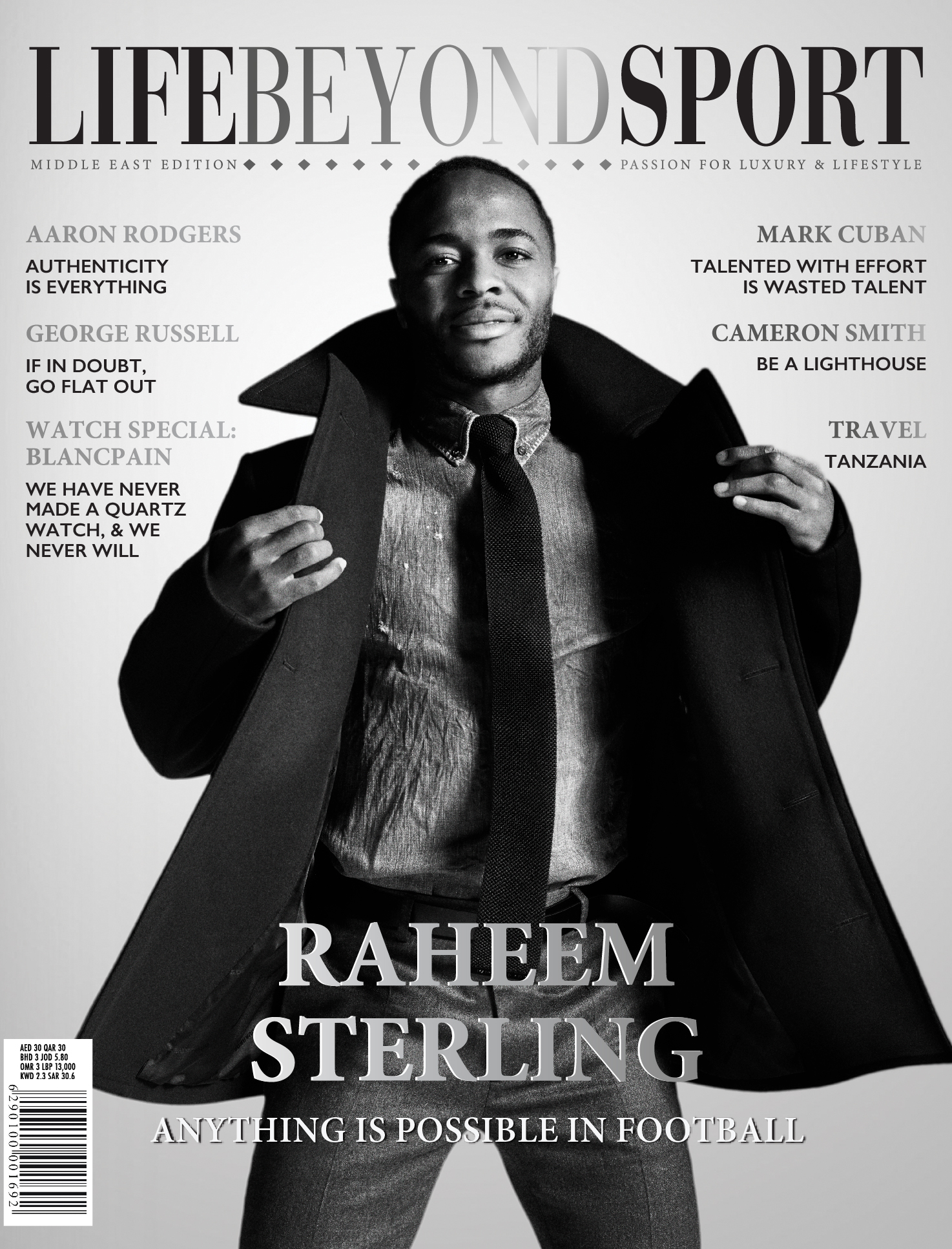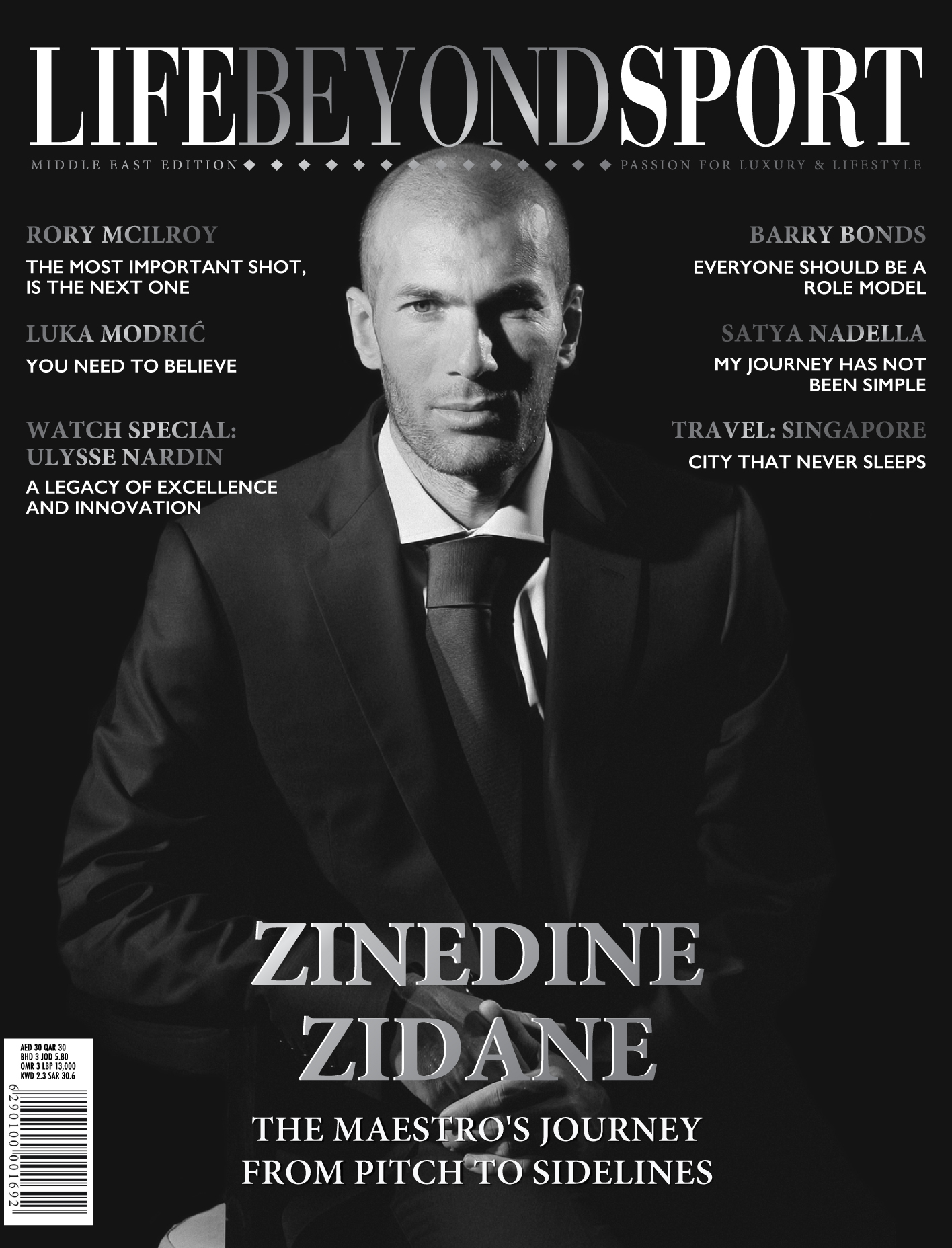It is known as the spiritual home of England's Sunday football. Hackney Marshes is almost as famous as some of the players who are brought along there to make advertisements, such as Lionel Messi and Eric Cantona.
What the advertisers seek is the grassroots authenticity with which the Marshes resonate. Hackney Marshes' sprawling pitches have an image, an atmosphere and, as the photograph here from 1962 shows, a history.
'I first played there in 1948, when I was 15, 16,' says Johnnie Walker. 'The team were called Islington Queens — it didn't have the connotations it has today!'
Walker has been making his way from Clerkenwell in north-central London over to the east of the city ever since. He moved from playing, to running a club, to becoming chairman of the Hackney & Leyton Football League. He is still doing it at 84.

'The history of the place speaks for itself,' Walker says as he explains how the Marshes pitch complex was formed in 1946 with some rubble from the Blitz used as part of the sub-surface.
The Marshes are divided into north, south, east and west, and at its peak in the 1950s and 60s there were 120 full-size pitches bringing over 2,500 local footballers down to the area every Sunday morning. 'It was a marvellous sight,' Walker says.
In time, cricket and rugby areas were added. The number of football pitches was down to 106 by 1990 and there are 88 today, of which 60 are described as full-size adult pitches. There are 14 junior pitches, too.
Walker has seen the Marshes expand, change, shrink — he remains unimpressed that 12 pitches were lost when the nearby London Olympics of 2012 needed 'a so-called car park'.
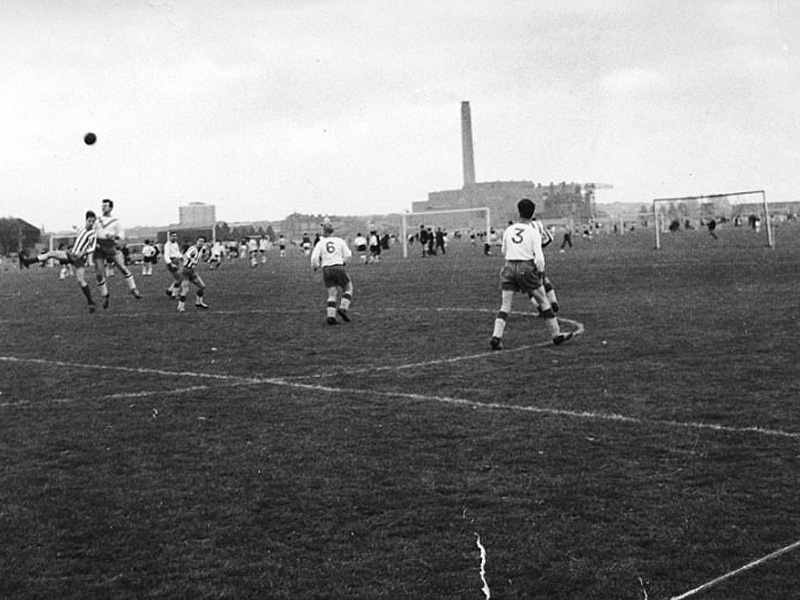
'They were commandeered by that Seb Coe,' he says. 'I protested long and loud to the Government, the council, to anyone, but no one listened and the FA turned a blind eye to it.
'People belittle this standard of football but this is the grassroots and it is great. It's great for health, for friendship, for the community.'
The modern world, fixated by pounds and pence, struggles to measure the value of those qualities but the participants understand.
Throughout the last 70 years there has been this constant of amateur football in London life and the social benefits that flow from it. And sometimes the changes in the Marshes have reflected the changes in those London lives.
From an Italian background, Walker says of the 1950s and 60s: 'The immigrants were the Italians and the Irish then. Gradually over time they disappeared into the community, they became native, part of the indigenous population.
'Today there are lots of nationalities. We have three Ukrainian teams, Bulgarians, Ghanaians and a team from Brazil called the Brazilian Boys — they're pretty good.'
There have always been good players amid the stomp and clatter of Sunday morning football. As Walker adds: 'Another team I played for was the Coach & Horses pub in Clerkenwell — Bedford Jezzard played for us. He went on to play for England.
'Nearly every pub in London used to have a football team. I've seen a lot of changes — not all for the better — and that's another of them: sponsorship. We all used to be sponsored by pubs or working men's clubs.
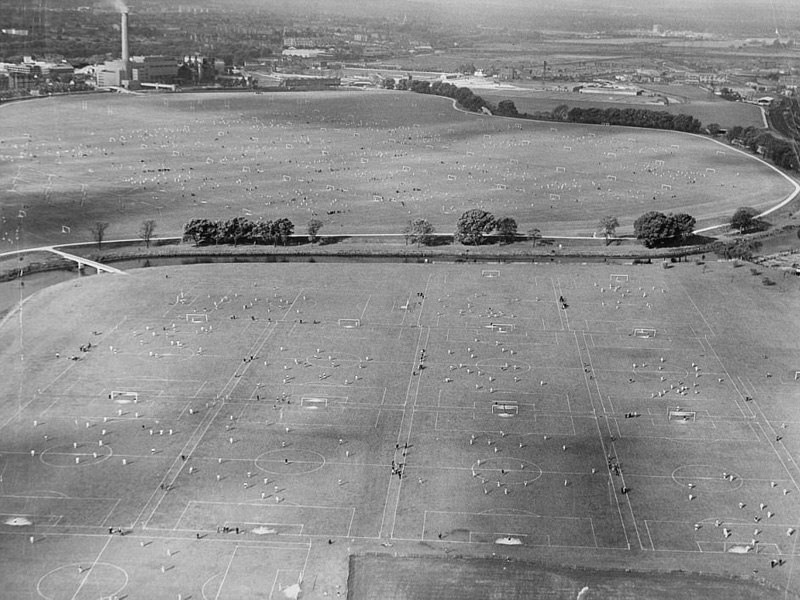
'It's a much faster game now, with rule changes, boots and a Mickey Mouse ball. Spectacular goals used to be a rarity, you get them all the time now because of the way the balls swerve and move. And there are too many bookings today — it's faster, so you get mis-timed tackles and a booking costs a player £10. That affects you and they've already paid subs, generally £5, which isn't too bad.'
Walker bemoans the lack of facilities — car parking, bus routes, the number of dressing rooms — and does not sound overly impressed by Premier League players and superstar internationals who claim this as their heritage while he sees little in the way of grassroots funding.
Then there is the alleged gentrification of east London. Local councils, not just there, have budget cuts which bring pressure on green spaces from developers. Walker, and all those who play on park pitches, would like to hear of greater attention and protection. Places such as Hackney Marshes, after all, are described as the beginning of English football's food chain.
'Back in the old days you'd get the bus to Hackney Wick,' he says. 'You'd see hundreds and hundreds of players getting off and forming this river of people walking to the Marshes. We didn't have sports bags then, everyone carried little attache cases. 'It was great. It was like that scene of people walking to work across London Bridge. When you looked across the pitches and saw them at full capacity, it was really great. 'I still get that feeling now when I see it full on a bright Sunday morning.'
.jpg) Life Beyond Sport magazine is a pioneering publication that breaks through the traditional barriers of men’s lifestyle magazines by smoothly combining a man’s love of sport with his passion for the finer things in life. The magazine contains a range of features, interviews and photo-shoots that provide an exclusive insight into the sportsman’s lifestyle. Only in Life Beyond Sport will you find the biggest names from the worlds of Football, Tennis, Formula 1, Golf, Polo and more.
Life Beyond Sport magazine is a pioneering publication that breaks through the traditional barriers of men’s lifestyle magazines by smoothly combining a man’s love of sport with his passion for the finer things in life. The magazine contains a range of features, interviews and photo-shoots that provide an exclusive insight into the sportsman’s lifestyle. Only in Life Beyond Sport will you find the biggest names from the worlds of Football, Tennis, Formula 1, Golf, Polo and more.